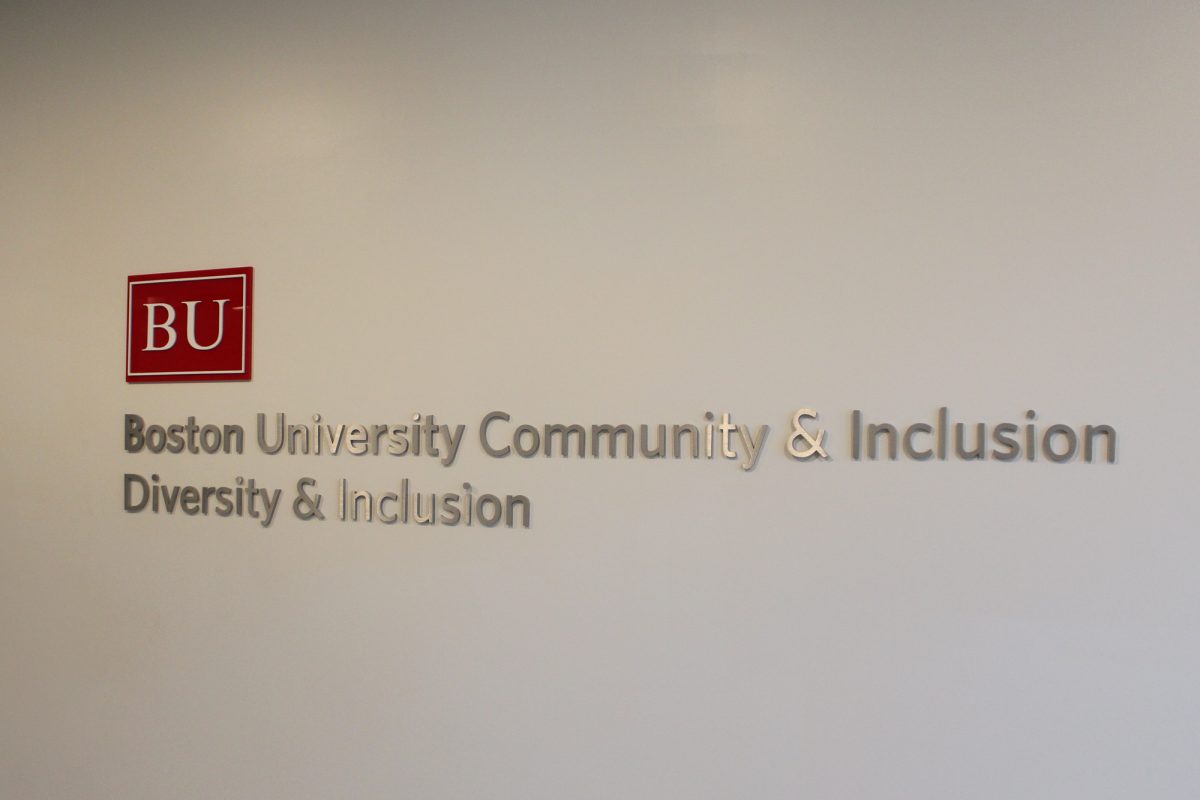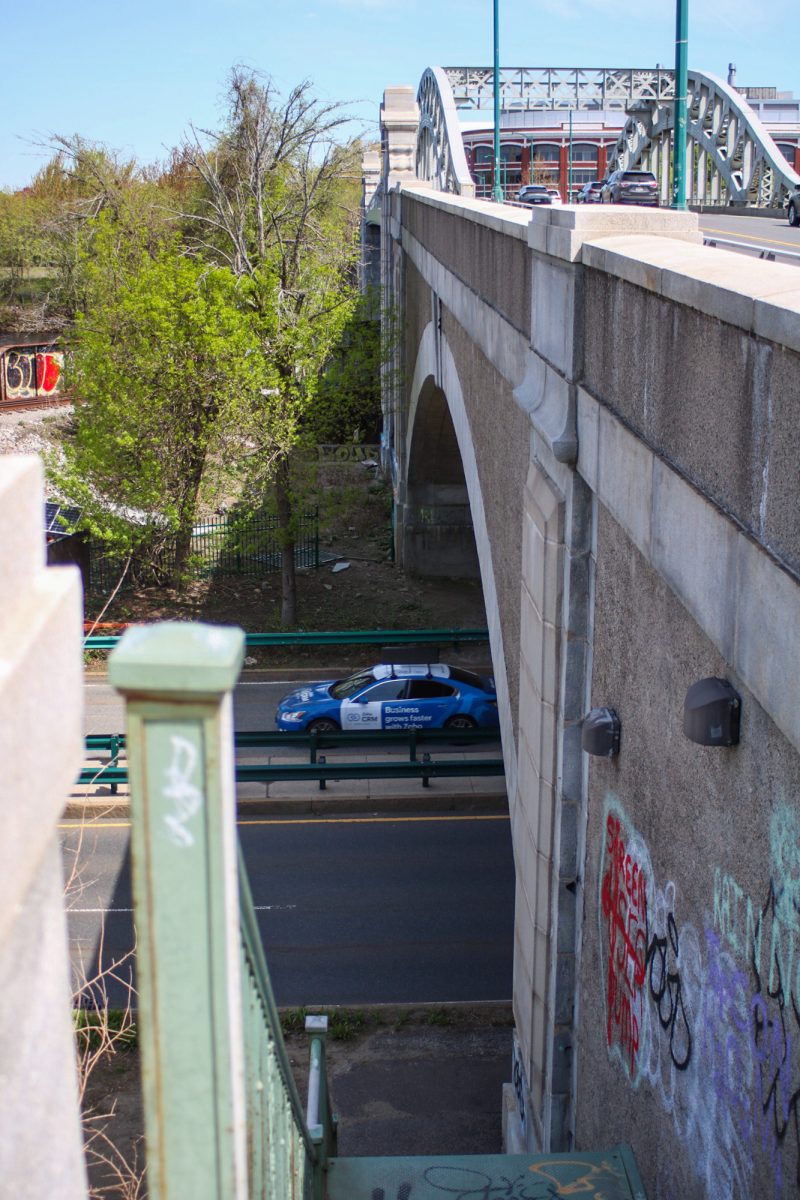Thanksgiving usually brings to mind images of turkey and Hallmark cards, but Boston University Native American Student Association members said there needs to be more education on the true history of the holiday.
Though many members of the months-old association celebrate Thanksgiving the traditional way at home, they said it is hard for them to ignore what happened to the Native Americans after the first Thanksgiving.
‘A lot of people would prefer to brush it under the rug,’ BUNASA member Shanadeen Begay said. ‘Most Americans just aren’t willing to come clean about what really happened, because if you start delving into what Thanksgiving really means, that means you have to start delving into a lot other issues about this continent.’
Growing up on the border of a Navajo reservation, Begay said she always felt there was a need for a re-education about Thanksgiving, and American history in general. She said she knows several jokes that illustrate the darker side of the holiday.
‘We thank the Creator for bringing the white man, who sold all our land and put us on reservations and, you know, tried to kill us all off basically, and didn’t realize we were people until the 1930s,’ Begay, a BU graduate student, said, recounting a joke she found online. ‘We thank the Creator for bringing the white man, who brought small pox and horrible diseases that killed off all our people.’
Thanksgiving, which became a national holiday in the 19th century, served a function for non-Native Americans, Metropolitan College Native American studies professor Greg Salyer said.
‘Thanksgiving was a fairy tale, in service of a national myth,’ he said. ‘The myth was that North America was a blank slate in which the Pilgrims would write a new history.’
BUNASA President Stephanie Mach said throughout her education, her teachers shed Thanksgiving only in the most positive light.
‘They tell you that it’s the Native Americans and the Pilgrims coming together, and there was this great harmony and that’s what we’re giving thanks for,’ she said. ‘Well, maybe that happened for one day, but really, the history of America is not that happy.’
BUNASA member Claire Mckinley said the tale teachers tell students about Squanto, the Native American who assisted the Pilgrims when they first landed, is incorrect. For starters, Squanto was actually named Tisquantum, she said.
‘He had been kidnapped something like three times and taken to England, which is why he knew English,’ Mckinley, a CAS freshman, said. ‘When he got back, his tribe was completely decimated, so he didn’t have any place to be, which was part of the reason he ended up living with the Pilgrims and helping them.’
‘To a lot of people, there are still a couple of Native Americans stuck on reservations, and they’re doing their own thing and aren’t really related to the outside world,’ Mach said. ‘If you don’t really see Native Americans, you don’t have a reason to think of their perspective.’















































































































